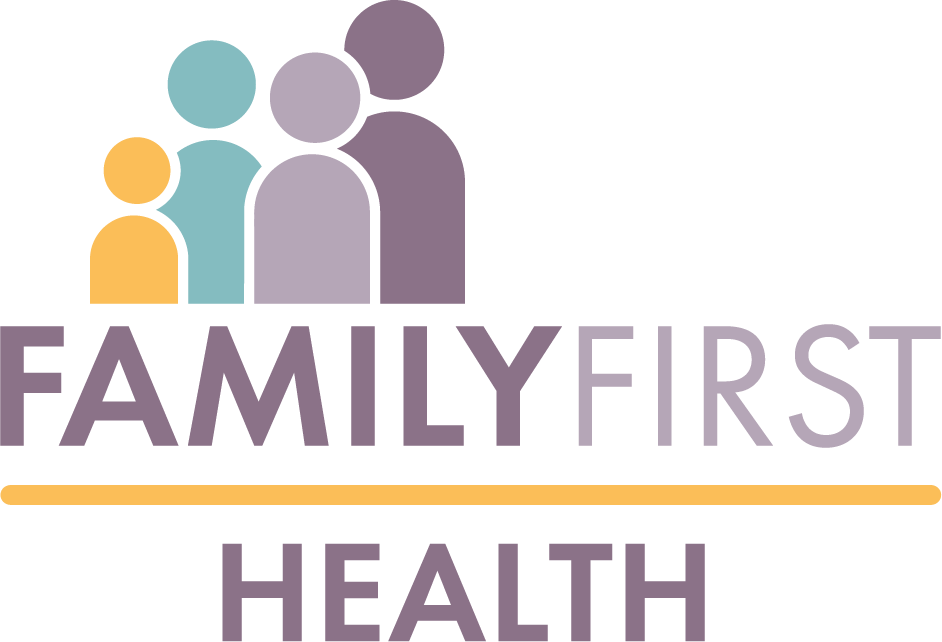By Jenny Englerth
In early February the Biden administration announced an important Community Health Center Vaccination Program to guarantee greater access to vaccines for underserved communities through Federally Qualified Health Centers (FQHC).
This plan affirms the importance of FQHCs, also known as Community Health Centers, often located in underserved regions of our state providing accessible care to populations most affected by COVID-19. A recognized leader in comprehensive primary and preventive care to patients of all ages in urban and rural areas, we accept every patient, regardless of their ability to pay.
As the President and CEO of Family First Health, serving 25,000 patients every year, I believe the federal government’s decision to focus vaccine distribution though the FQHC network recognizes the important role our health centers play in helping to solve the massive divide in access to quality care, even beyond the vaccine.
Bridging the expansive levels of disparity in care in our country requires intentional focus on how healthcare should be reflective of our changing communities in order to provide care through the lens of the unique needs of our growing diverse populations. We must meet our patients where they are in their health journey in order to build trust to motivate patients to put themselves first with routine care.
Now is the time to have serious conversations about how access to quality care affects every corner of every community. According to a Columbia University study, the number of Americans living in poverty grew by eight million in a six-month span in 2020 amid the pandemic. That means the care FQHCs deliver is in even greater demand than just 12 months ago.
Throughout COVID, national headlines have continued to draw our attention to the disparities in health outcomes within communities of color. National data shows that Black and Hispanic populations represent the highest at-risk individuals with the greatest challenges to accessing health care services.
I’m proud to say that Family First Health, like many FQHCs, has assumed an essential frontline role in establishing care models designed around the realities of our communities. And we’re making a felt difference at a time when the need is growing at rapid pace. Our goal is to build trust as a fundamental aspect of our relationship.
We understand that for decades minority communities have struggled to build relationships with health care organizations who fail to understand their needs. FQHCs are the exception to this history of mistrust.
We are truly a health center that looks and sounds like the community we serve. From Spanish-speaking providers, to accessible and diverse health care professionals and health care facilities actually located in their local neighborhoods, we are the quality health care home of the community.
Our team has taken on the necessity to be innovative in how we deliver care – most recently expanding the reach of our health center at Hannah Penn K-8 School in York City.
Through a $2 million multi-year grant from the United Health Foundation, we are taking care into the school to reach students while deploying community health workers into the school community and surrounding neighborhoods to build trusting relationships with the families living in the Hannah Penn area.
By establishing a true school-based health care model, we’re tearing down barriers and building healthier futures for our children. Our organization was not willing to accept the declining health of our community’s youth and we rose to the occasion.
The Hannah Penn Center is now the county’s only school-based health center with medical services also available to community residents. This facility which already provides access to health care, preventative care and mental health services, will now help those living within that community to seek out and receive more accessible care, including COVID vaccinations, from a trusted facility, where patients and local residents feel most at ease.
This level of familiarity is important to how we care, and we must absolutely continue to evaluate how we continue to innovate with a constant lens of our changing patient. This will be especially important as we take on the post COVID care environment. Patients, of very diverse backgrounds, are able to manage their health due to constant fear of infection and numerous other pressures. How we develop care models in the midst of this massive shift in consistent care will require a level of understanding like we’ve never faced before.
Community Health Centers will meet this need and play a more vital role than ever before. Our knowledge of our community will be a key factor in how we foster community health.
Family First Health and the other FQHCs throughout Pennsylvania will be the difference in supporting the advancement of the health of our broader community through our established roots within the most vulnerable communities. Our ability to provide primary and integrated healthcare services is essential to our communities and our economies recovering from this pandemic.
We look forward to caring for you and your community.
Jenny Englerth is President/CEO for Family First Health.
